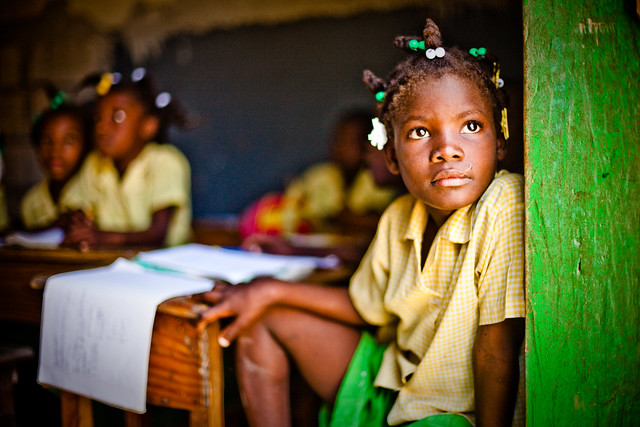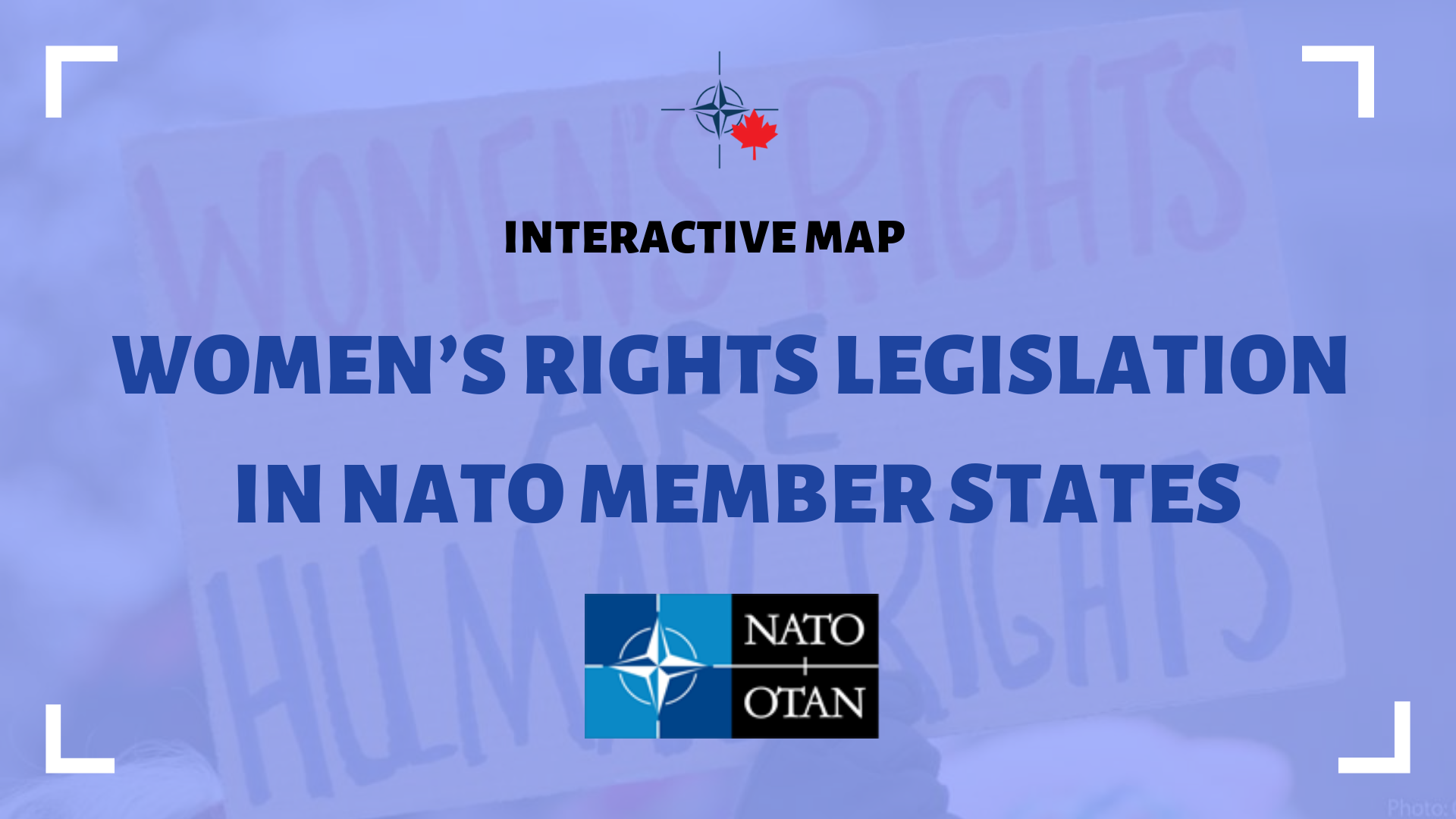In July 2019, the United Nations for Justice Support in Haiti issued a resolution analyzing economic and political development, the humanitarian situation, community violence, and judicial corruption within the country. Obstacles to development and growth in Haiti include few political alternatives and a judiciary lacking independence from the executive and legislative branches. The paucity of access to credit for small businesses and a problematic educational system have done nothing to ameliorate the situation. Unlike men, few women living in poor areas are involved in public and political action, which only aggravates the gender imbalances in the Haitian society. Despite the government’s policies and planning, education in Haiti does not enable people to be fully engaged in a long-term process and eventually participate in Haiti’s economic, social and political progress.The level of literacy attests to this situation. In 2015, for females aged 15 and over, literacy was only 57.3%, compared to 60.7% for males. Conversely, in the Dominican Republic which occupies the western part of the island, the 2016 literacy rate for females was 93.8%, compared to 93.8% for males.
This article focuses on the factors which have contributed to Haiti’s lack of learning opportunities and analyzes the importance of improving girls’ and women’s education. .
Education in Haiti
Education is one of the major institutions which contributes to the stability, evolution, and well-being of a society. Education creates unity, instills moral values and contributes to social cohesion. At school, children learn how to behave and collaborate with others; learn social and practical skills as well as discipline. School is where children can express both their creativity and critical thinking.
Many Haitian schools are unsuccessful in providing a quality education, and the private schools that are open to low-income students receive insufficient aid. Also, public education is rare compared to the private sector, as it is not subjected to governmental control and regulation. Eighty percent of schools in Haiti are in the private domain as instructors do not need certification, building permits are not required, and there is no standardized curriculum.
Education in Haiti falls under the department of the Haitian Ministry of National Education and Professional Training (Ministère de l’Éducation Nationale et de la Formation Professionnelle). At least four different educational strategies have been created but they were all less effective than planned. The Haitian government stated in a 2010 education plan that schools have to contribute to citizens’ socialization and education through an inclusive model which fosters open-mindedness, critical thinking, and respect for the rights of others as well as individuals’responsibilities. The educational programs should be in line with the country’s economic needs. The plan’s goal was to overhaul the educational system by offering free and mandatory education by 2015. Unfortunately, the plan was not fully implemented.
Why invest in girls’ and women’s education?
The risks faced by girls who do not attend schools include child marriage and early childbearing, as well as increased poverty. Lack of access to education has detrimental effects on health, nutrition, well-being, and social empowerment. According to many indicators, having a primary education is almost no different than not having an education at all. Only secondary education can help women earn higher salaries and make real progress. Those with a primary education earn only 14 to 19 percent more than those with no education at all.
In spite of the recognized role women play in economic development, Haiti’s current developmental framework does not include women in any strategic positions. Although they concede women’s importance in the informal economy, they do not showcase their economic activities as contributing to economic development. It is unusual for a married woman in Haitian society to be the head of the household, to make economic decisions, and run her own business. This is only possible when the husband abandons his family or dies. Even women with business experience find it difficult to overcome this cultural obstacle.
Most women, when they are involved in a business, perform activities which are in line with their traditional domestic duties. Education would give women more skills and knowledge to develop their businesses and to emancipate themselves from their husbands. If women made money and started successful businesses, they would be a stronger support system for their families as well as the economy.
‘Peace education’ for girls and women in Haiti
Peace education consists of teaching children and adults about conflict management using innovative and nonviolent methods. According to the 2010 United States Institute of Peace Special Report, peace education is considered an instrument of conflict prevention and resolution. According to the report, “This is achieved through affording students experiences that reshape their values, attitudes, knowledge, and skills in ways that equip them to help resolve disputes and prevent violence from erupting or expanding.”Addressing the causes of tension in a society and encouraging a resolution process is a way to boost its chances of success. Women and girls, especially those living in poor neighborhoods, are particularly vulnerable to sex predators and armed gangs, and have little chance of deciding their future. Gender-based trainings on the roles of both men and women would be a way to challenge the stereotypes about masculinity, men’s relationships to girls, girls’ safety and their empowerment.
The government should further strengthen the capacity of the Ministry of Education to control schools and develop an appropriate curriculum. Also, the Ministry could encourage women to teach peace education by organizing workshops and training. This way, the Haitian government would initiate an explicit advancement of women’s place in society, away from their culturally dedicated domestic tasks, and thus increasing their participation in the public arena. This would provide a clear signal that women are being offered other lifestyles in key administrative and decision-making positions in line with men.
The Nicaraguan educational approach as an inspiration to Haiti
The Sandinista National Liberal Liberation Front (FSLN) which overthrew the Somoza regime in 1979, declared 1980 as the “Year of Literacy”. Within 5 months the illiteracy level decreased from 40.3% to 12.9%. Popular education was seen as a crucial way to gain leverage and to be politically active, all while contributing to the country’s development. Before 1984, the social sector accounted for 50% of the national budget. Women accounted for 60% of “brigadistas” (young volunteer literacy workers) and 50% of literacy learners, seeing it as a path to liberation from imposed inferior roles in the educational system. Some measures which may be beneficial for Haiti include examining how other countries such as Cuba dealt with similar problems, shaping the educational approaches to particular children’s experiences and to the country’s history, and conducting a national census to identify the level of illiteracy in specific areas. Also, the government could give more political autonomy to municipalities in charge of adult education curricula. Finally, finding alternatives to ineffectual educational policies, a lack of teachers and books, as well as overcrowded classes, depends upon increasing the amount of allocated funds, implementing adapted programs for students in need, and better considering the importance of teachers’ roles.
Featured image: “Breezy Baldwin little girl” via Flickr.
Attribution-NonCommercial 2.0 Generic (CC BY-NC 2.0)
Disclaimer: Any views or opinions expressed in articles are solely those of the authors and do not necessarily represent the views of the NATO Association of Canada.




